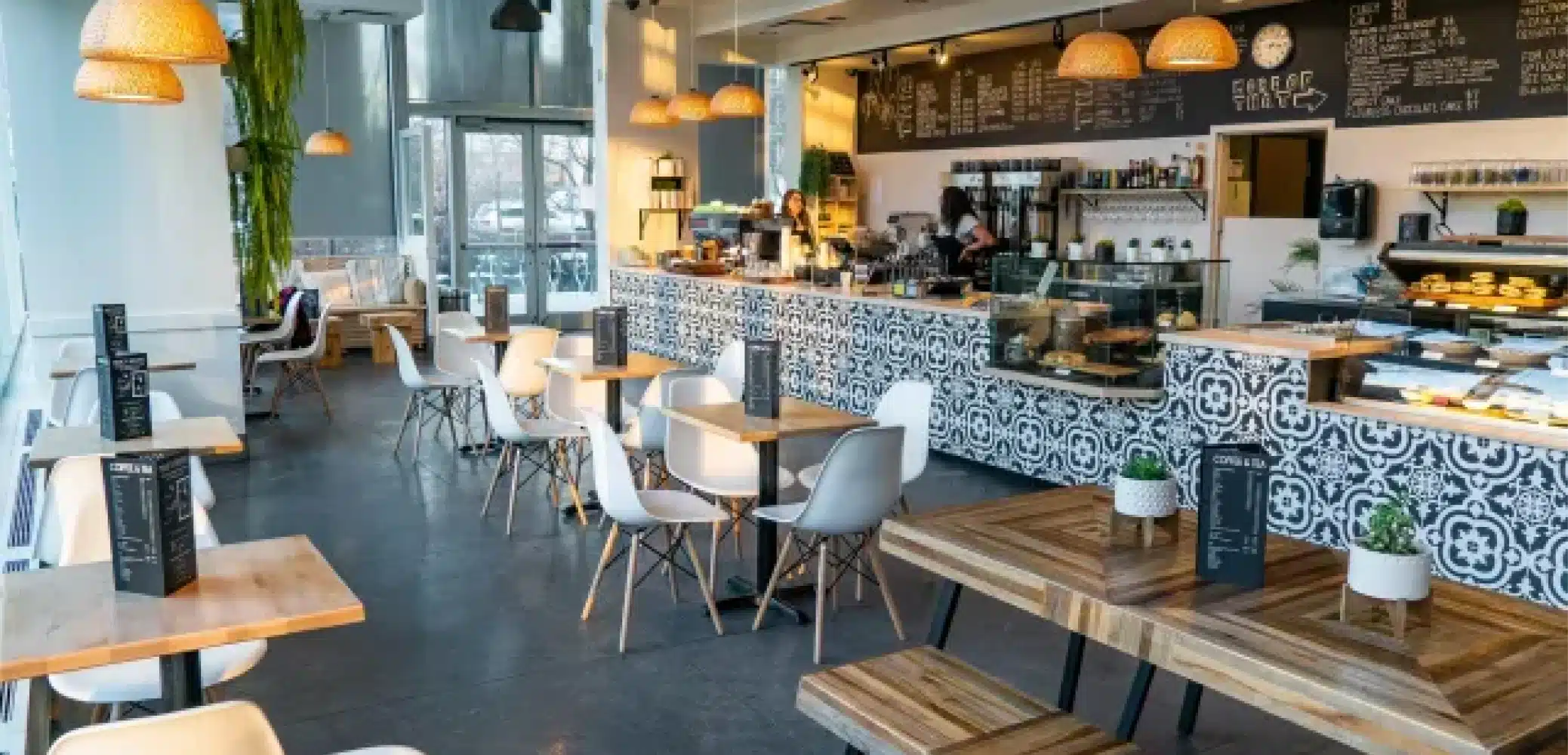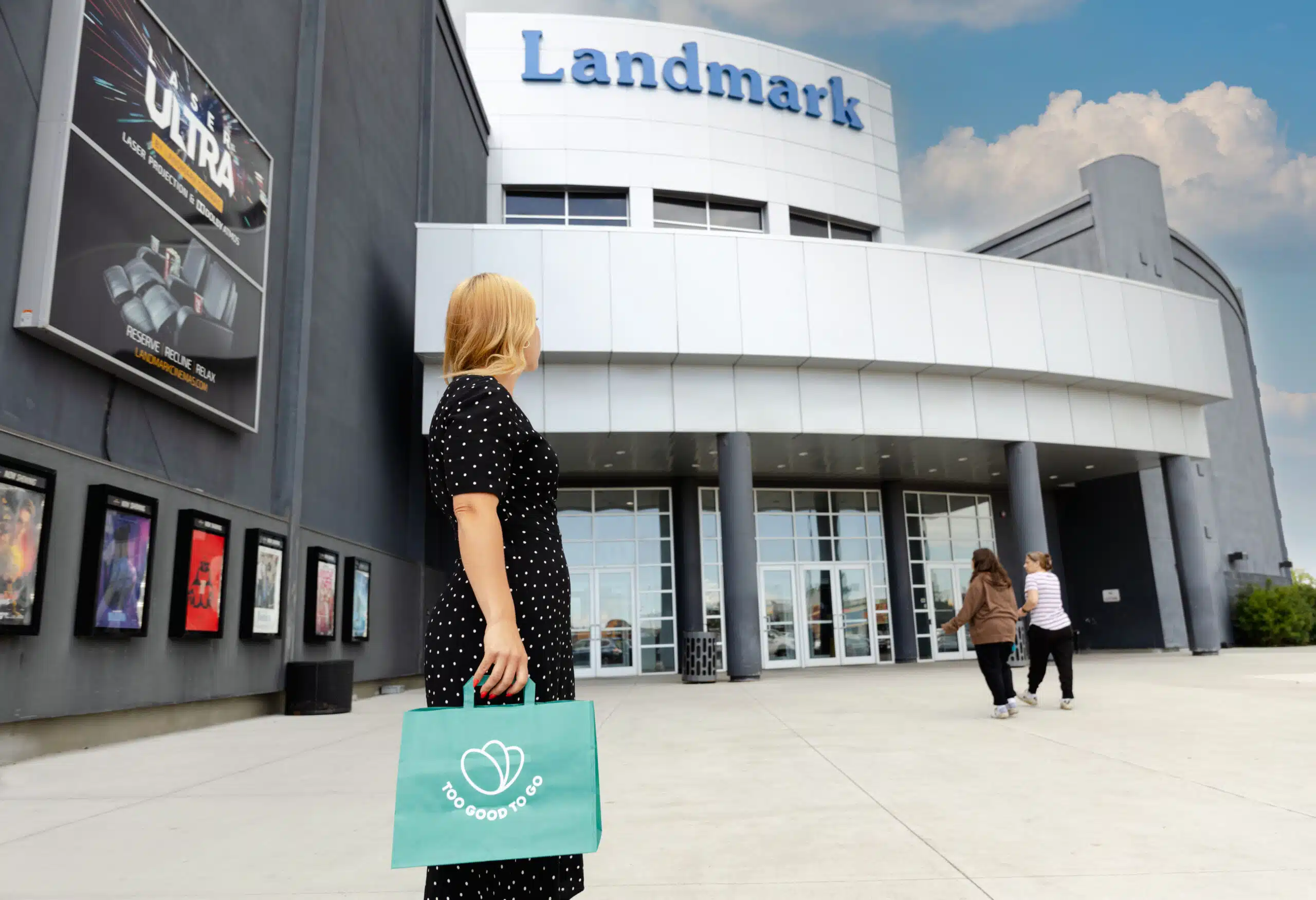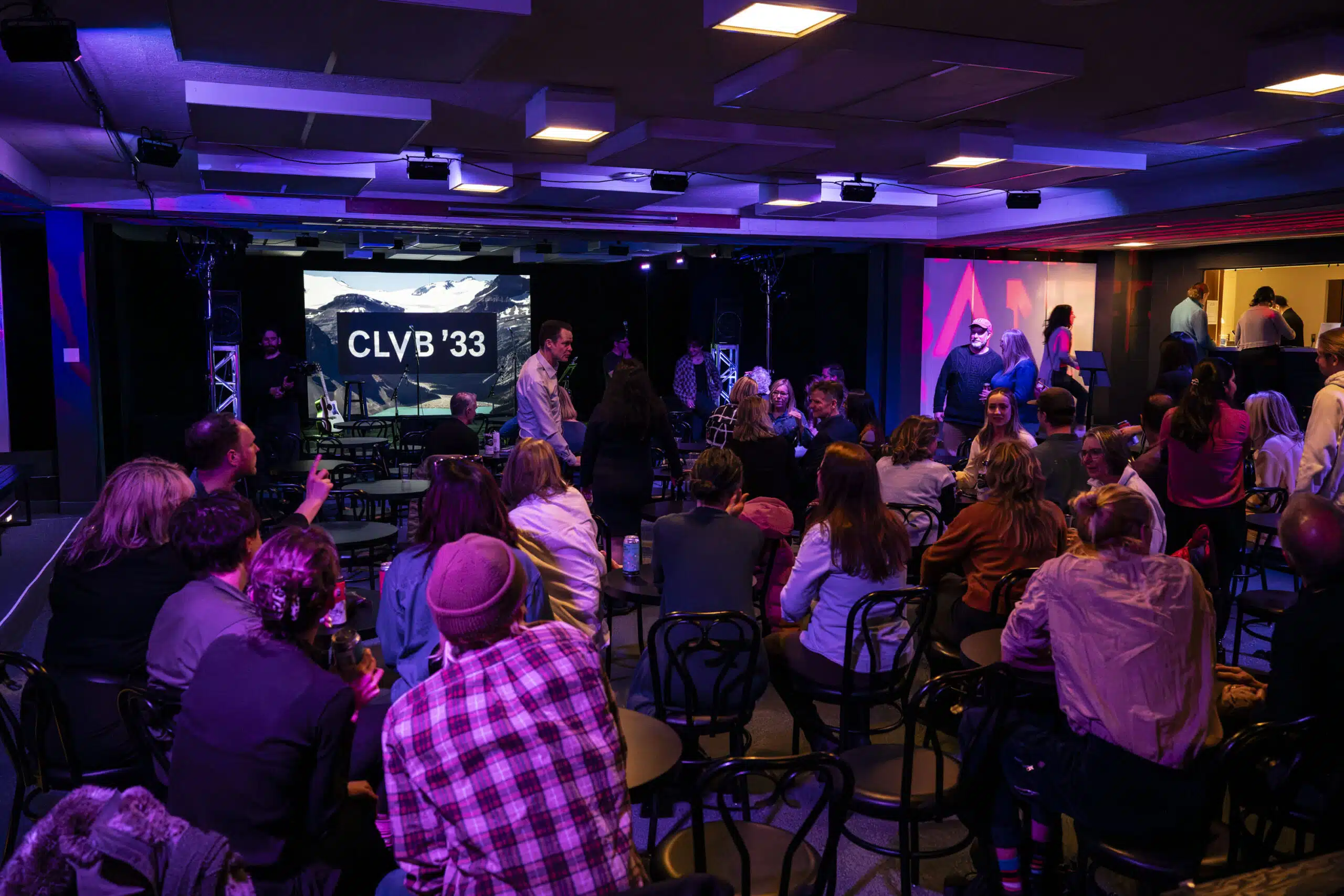Calgary’s community theatres face mounting financial pressures and a lack of affordable rehearsal and performance spaces. As small companies like Scorpio, Morpheus, and Full Circle Theatre navigate these challenges, they continue to push the boundaries of creativity, striving to keep the city’s vibrant arts scene alive.
Scorpio Theatre — founded in 2000 to bring original plays to Calgary — is fighting to survive.
“Over the last couple of years, the biggest challenges have been financial,” said Stuart Bentley, recently elected president of Scorpio Theatre. “We didn’t have any money left in the bank and did fundraisers. We asked for donations from other theatre companies to keep our lights on and doors open.”
The founders of Scorpio Theater aimed to produce edgier drama and new works for Calgary’s stages, but since 2020, the theatre has faced major financial strains, lost societal status, and experienced turbulence within its leadership.
In response to mounting financial pressures, Scorpio is now working toward becoming a registered charity, which could unlock corporate sponsorships and provide much-needed stability. Additionally, the theatre is exploring the possibility of re-opening a casino fundraiser to create a steady revenue stream, ensuring its productions can continue for years to come.
No one at Scorpio is paid: they do theatre for the love of it. “Everyone’s a volunteer — board members, cast members, directors, designers, and crew,” said Stuart. “This is a labour of love.”
Similarly, Morpheus Theatre, another volunteer-based community theatre in Calgary, is facing challenges to bring art to the stage. Ginette Simonot, operations manager and actor with Morpheus, shared that recruiting enough volunteers is an ongoing struggle.
“We lost our set designer of 20 years,” said Simonot. “We’re always looking for production volunteers, including set builders, prop and costume makers, and lighting and sound designers.”
Morpheus’ vision is to act as a “supportive family” within the arts community, providing affordable productions and resources. Next year marks the company’s thirtieth anniversary of theatre production.
“We like to think that we have a place for everybody if they want to be involved,” says Simonot. “The most important thing to Morpheus Theatre is that we’re giving people the opportunity to learn these skills and to perform.”
–
Producing theatre in the wake of a pandemic and rising inflation is an uphill battle. But there are still hard-won triumphs to celebrate. Companies such as

Forte Musical Theatre have celebrated remarkable successes. Forte recently marked the 10th and final edition of its beloved holiday show, Naughty… but Nice! The show ended on a high note with record attendance, making it the company’s most successful season yet. They also debuted Buy Me a Drink, Joe, a new production that received significant acclaim and won four Betty Mitchell Awards for excellence in Calgary’s theatre scene.
However, despite these achievements, funding remains a significant challenge. Joe Slabe, Artistic Director of Forte Musical Theatre, notes that financial stability is still an ongoing struggle, underscoring the economic barriers many small theatres face, even amidst artistic success and community support.
“Funding is always a challenge,” says Slabe. “The challenge is to have lots of different income streams to be able to do what we do.”
This financial strain is a common challenge across Calgary’s community theatres. Many need help with stable funding to continue bringing art to Calgarians.
“We applied for societal status with the government last August, and we still haven’t heard back,” says Erin Weir, co-founder of Full Circle Theatre. “Most of what we do is funded out of my and Claire [Bolton, our co-founder]’s savings.”
Founded in 2010, Full Circle Theatre is a Calgary-based collective celebrating women in theatre. Recently, they staged Riverona, an inventive adaptation blending Romeo and Juliet with the vibes of Riverdale and One Tree Hill.
Weir describes the show, which was presented in four parts, as “an extravaganza of theatre.” Riverona earned a CAT Award for Best New Script in August, underscoring the group’s creative influence within Calgary’s theatre scene.
The arts scene in Calgary is expanding, with many new companies joining the community, says Weir.
“It’s really exciting right now,” she says. “There are all these new, self-supported theatre companies pushing the boundaries of form, and there’s room for everyone.”
–
However, many companies still struggle to find reliable spaces to practice and perform. The need for more affordable stages to cross has added another layer of difficulty, making it harder for emerging groups to sustain their productions and reach audiences.
“There are limited venues,” says Slabe. “Certain venues are priced too high for independent theatre companies. I feel like maybe there should be, you know, an indie rate or charitable rate for some of the venues that are going to sit empty anyway because no one can afford to rent them.”
Currently, theatres like Morpheus and Evergreen are stepping up to create accessible rehearsal areas, but they’re nearly maxed out, with Morpheus often booked year-round, says Weir.
This lack of space limits many groups, even as funding becomes available.

Weir suggests that corporations with unused rooms on evenings and weekends help fill this gap by allowing performers to use their spaces to rehearse.
“Maybe there’s a place for partnership there if they actually want to put their money where their mouth is and support the arts,” says Weir. “Throwing money at us is great, but the money doesn’t help me if I don’t have anywhere I can go and rehearse.”
Handsome Alice echoes this sentiment, emphasizing that the theatre community needs accessible spaces for productions and presentations. With limited venues available, competition for these spaces has become fierce.
“There are lots of really large venues, but it’s not appropriate for us to be renting the Jubilee auditorium, for example, or like the Saddledome,” says Meg Farhall, Artistic Producer of Handsome Alice. “We need something that’s a 100-seat house. The venues that are like that in the city are always booked up so it’s quite competitive to get a spot.”
Bentley suggests that additional government funding would benefit local theatres struggling with funding and space issues.
“The government seems very ready to support and throw money behind larger professional companies,” he says. “It’s very hard to get any kind of assistance with building theatres or maintaining theatres.”
Although the challenges seem overwhelming, many of these companies remain optimistic about the future of community theatre, with new shows lined up for the 2025 season.
“There are so many incredible companies doing groundbreaking, risk-taking, innovative work, and it’s so exciting to go out and support local theatre,” says Farhall. “It is alive, and it is exciting.”
Learn more about your theatre scene at calgary-acts.com and artscommons.ca.












